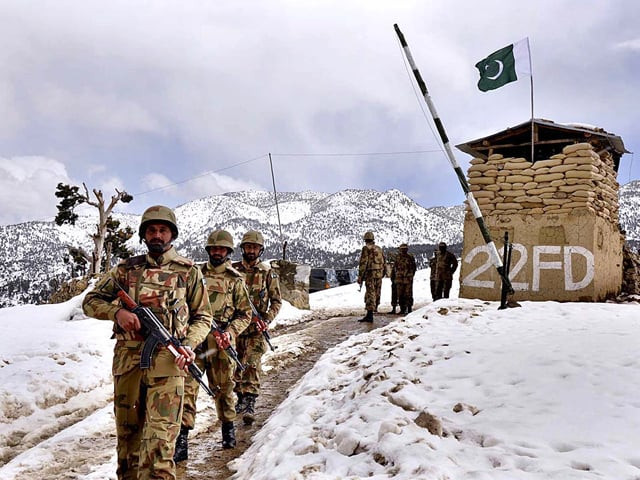War against the Taliban: Govt tramples on civil rights in tribal areas
Presidential ordinance empowers military to act as judge, jury and executioner.

In a little-noticed presidential ordinance promulgated on June 28, security forces operating in Fata and Pata have been given virtually unbridled powers to act as judge, jury and executioner for anyone held on charges of terrorism in the tribal areas, in a bill that is likely to undermine the civil rights of people living in the tribal areas.
Under the ordinance titled “Action in Aid of Civil Power”, security forces would have the power to detain any person they deem a threat to public order for as long as 120 days, with relatively little oversight.
The security forces would have the power to imprison any person in the tribal areas indefinitely, conduct a trial in which they could award life imprisonment or even the death penalty to anyone accused of terrorism or collaborating with the militants.
The citizens of the tribal areas would have no judicial recourse if they are abused by the military since the ordinance calls for any such allegations to be investigated within the military hierarchy.
But perhaps what is most disturbing about the bill is the fact that the testimony of any military officer would be deemed sufficient to prove a person’s guilt.
“Any member of the armed forces, or any authority official deposing on his behalf in or any official statement or before the court to prove any event offence or happening, shall be deemed to have proved the event, offence or happening by his statement or deposition and no other statements, deposition or evidence required,” states the ordinance.
The safeguards for civil rights under the new system would be minimal at best. A four-person panel will review any detention decision, which will consist of two civilians and two military members. But such a panel is only empowered to report to the provincial government and does not appear to have any powers to order the release of any person held by the military.
While the rest of the country appears not to have noticed, legislators from the tribal areas have been alarmed at the introduction of the ‘draconian law’.
A delegation of 10 senators and members of the National Assembly from the tribal areas met with President Asif Ali Zardari last month to voice their concerns over the ordinance.
While the president has the power to promulgate ordinances, they must be approved by parliament within 90 days of promulgation, or else stand void. The president has, in the past, re-promulgated ordinances that were not passed by parliament within the specified timeframe.
Published in The Express Tribune, July 29th, 2011.



















COMMENTS
Comments are moderated and generally will be posted if they are on-topic and not abusive.
For more information, please see our Comments FAQ